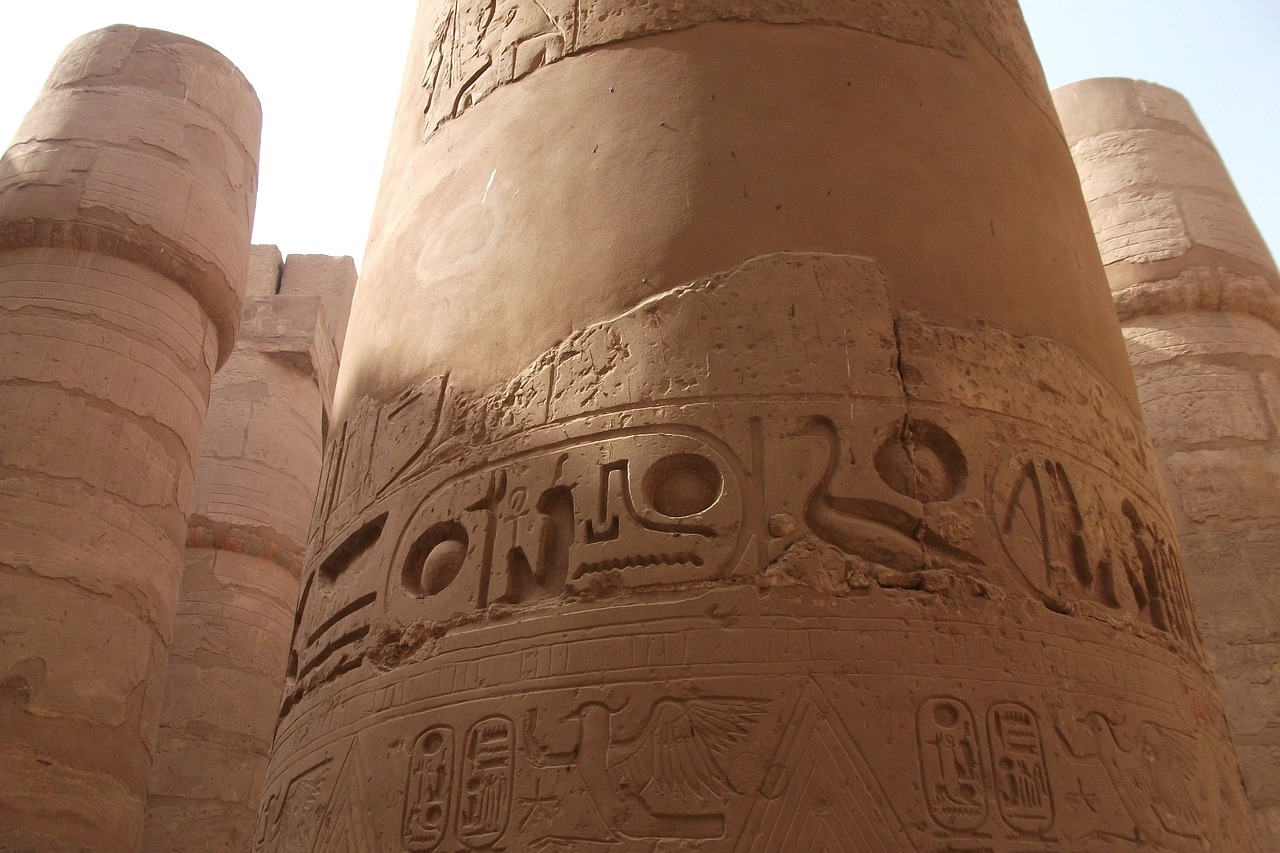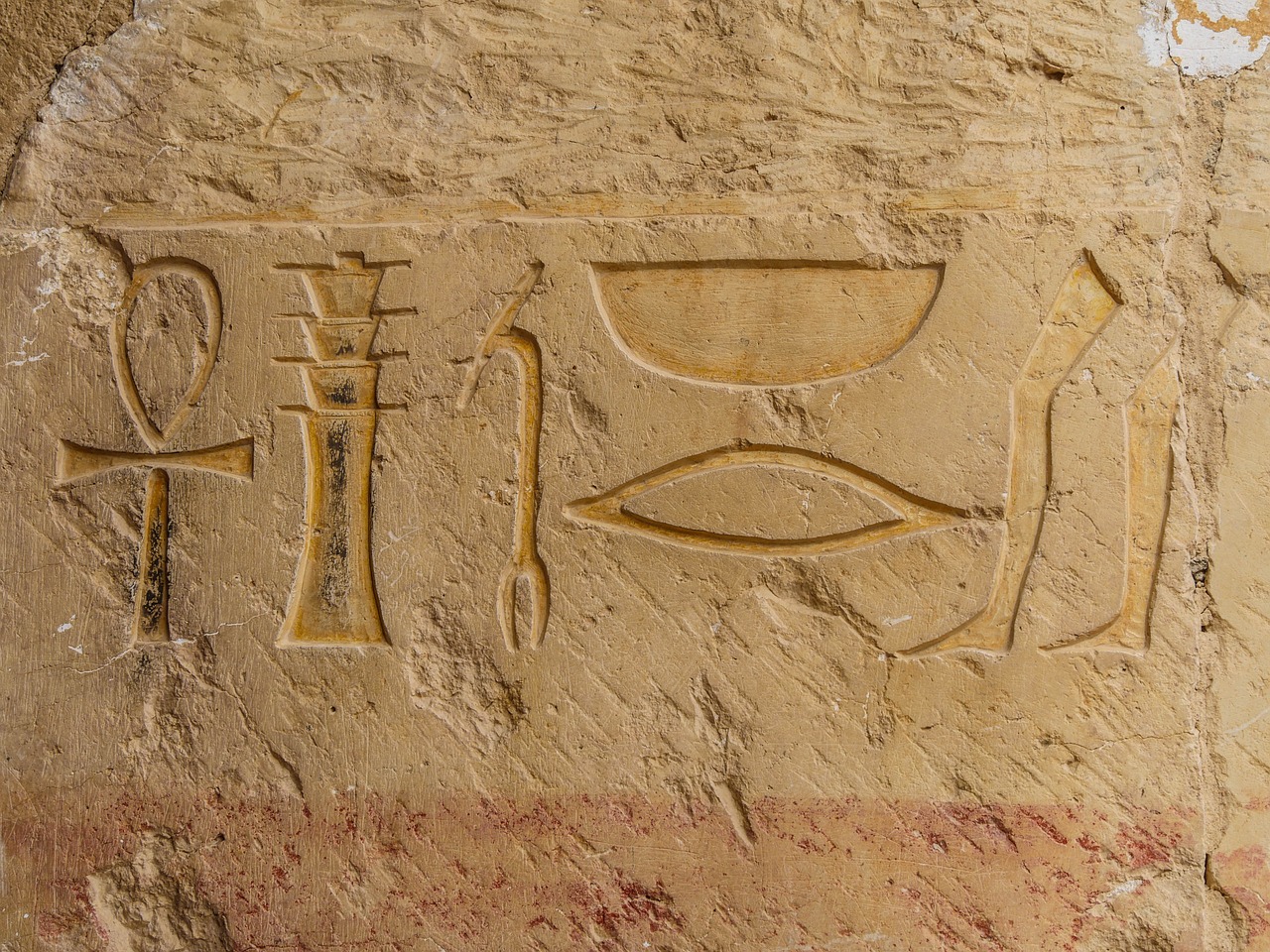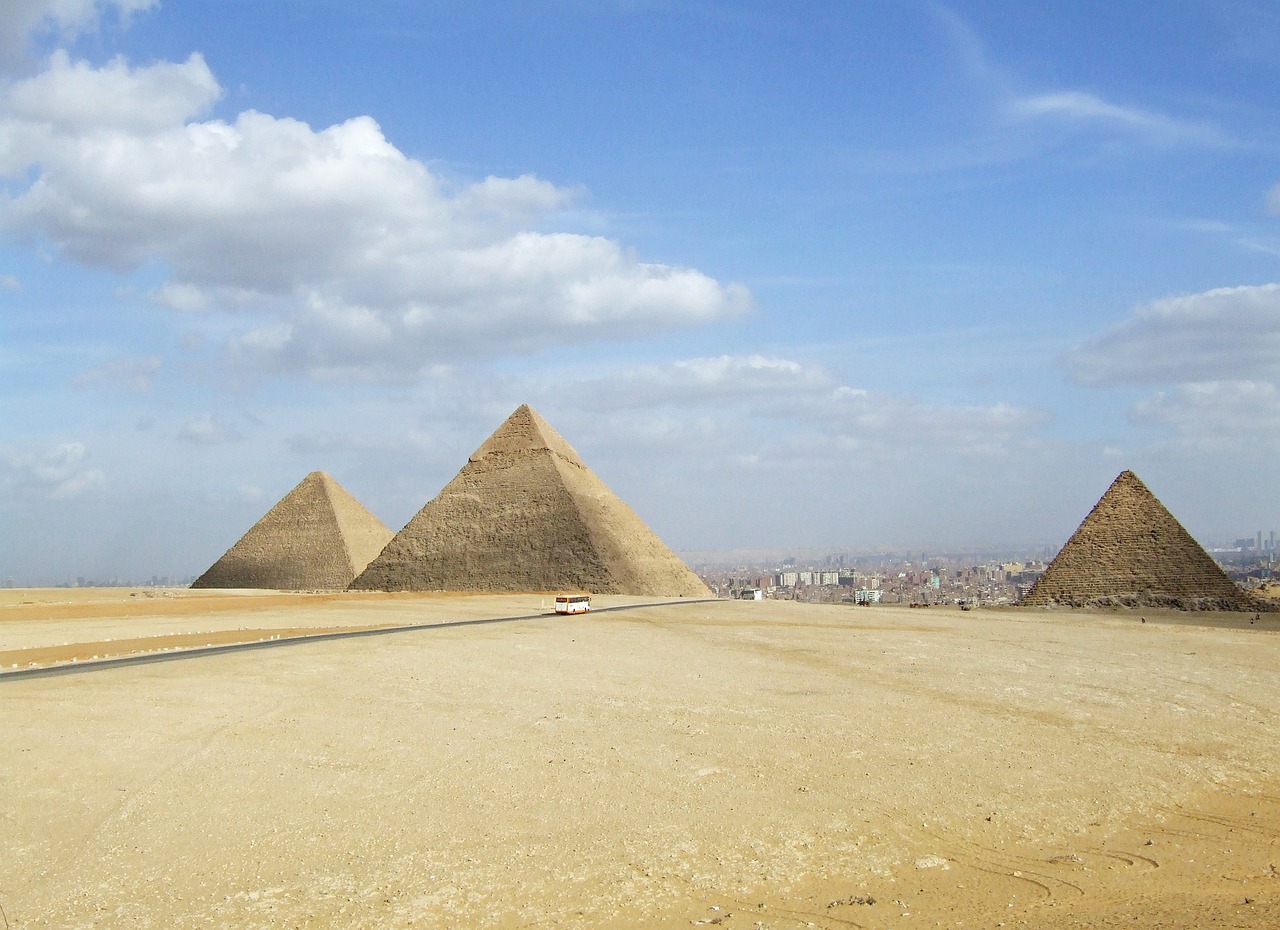Egypt Video
Managing Finances and Payments while Working in Egypt
Introduction
Working in Egypt can be an exciting opportunity, but it’s important to understand how to manage your finances and payments effectively. This article will provide you with detailed information on various aspects of managing your finances while working in Egypt. From opening a bank account to understanding the local currency and payment methods, this guide will help you navigate the financial landscape of Egypt.
Banking System in Egypt
When working in Egypt, opening a bank account is essential for managing your finances effectively. The banking system in Egypt is well-established, with both local and international banks operating in the country. Some popular banks in Egypt include the National Bank of Egypt, Banque Misr, and Commercial International Bank (CIB).
- Benefits of Opening a Bank Account: Opening a bank account in Egypt offers several benefits. It provides a safe place to store your money, allows for easy access to funds through ATMs, and enables online banking for convenient transactions.
- Required Documents: To open a bank account in Egypt, you will typically need to provide your passport, residency permit, proof of address, and a minimum initial deposit.
- Types of Bank Accounts: Egyptian banks offer various types of accounts, including current accounts, savings accounts, and foreign currency accounts. Choose the account type that best suits your needs.
- Banking Services: Egyptian banks provide a range of services, such as online banking, mobile banking, and credit card facilities. Familiarize yourself with the services offered by your chosen bank.
Local Currency and Exchange Rates
The official currency of Egypt is the Egyptian Pound (EGP). It’s important to understand the local currency and exchange rates to effectively manage your finances while working in Egypt.
- Exchange Rates: The exchange rates for the Egyptian Pound can fluctuate, so it’s advisable to keep an eye on the rates to get the best value for your money.
- Exchanging Currency: You can exchange your foreign currency for Egyptian Pounds at banks, exchange offices, and some hotels. Compare the exchange rates and fees to find the most favorable option.
- ATMs: ATMs are widely available in Egypt, allowing you to withdraw cash in Egyptian Pounds using your debit or credit card. Be aware of any transaction fees that may apply.
- Payment Methods: Cash is widely accepted in Egypt, but credit and debit cards are also commonly used, especially in larger establishments. It’s a good idea to carry a mix of cash and cards for convenience.
Taxation in Egypt
Understanding the taxation system in Egypt is crucial for managing your finances effectively as a working individual.
- Income Tax: In Egypt, income tax is progressive and ranges from 0% to 22.5% depending on your income bracket. Ensure that you comply with the local tax regulations and file your tax returns accordingly.
- Social Security Contributions: As an employee, you are required to contribute to the social security system in Egypt. These contributions provide benefits such as health insurance and retirement benefits.
- Tax Deductions: Certain expenses, such as medical expenses and education fees, may be eligible for tax deductions. Consult with a tax professional or the Egyptian Tax Authority for guidance on eligible deductions.
Salary and Payment Methods
When working in Egypt, it’s important to understand the salary and payment methods commonly used by employers.
- Payment Frequency: Salaries are typically paid on a monthly basis in Egypt. Some companies may offer bi-monthly or weekly payment options.
- Payment Methods: Employers in Egypt commonly use bank transfers to pay salaries. Ensure that you provide your employer with the necessary bank account details for smooth salary payments.
- Payroll Deductions: It’s important to review your payslip and understand any deductions made, such as income tax, social security contributions, or other authorized deductions.
Managing Expenses
Effectively managing your expenses is key to maintaining a healthy financial situation while working in Egypt.
- Budgeting: Create a monthly budget to track your income and expenses. This will help you prioritize your spending and ensure you’re saving enough.
- Living Costs: The cost of living in Egypt can vary depending on your location and lifestyle. Research typical expenses such as rent, utilities, transportation, and groceries to plan your budget accordingly.
- Saving Money: Look for opportunities to save money, such as using public transportation instead of taxis, cooking at home instead of eating out, and taking advantage of discounts and promotions.
Insurance and Healthcare
Healthcare is an important aspect to consider when working in Egypt. Ensure that you have adequate insurance coverage.
- Health Insurance: It’s recommended to have comprehensive health insurance that covers medical expenses, hospitalization, and emergency medical services.
- Public Healthcare: Egypt has a public healthcare system, but the quality of care can vary. Private healthcare facilities are also available, offering higher quality services at a cost.
- Emergency Services: Familiarize yourself with the emergency contact numbers in Egypt, such as ambulance services and hospitals, in case of any medical emergencies.
Retirement Planning
Planning for your retirement is crucial, no matter where you work. Consider the following points for effective retirement planning in Egypt.
- Employer Contributions: Some employers in Egypt offer retirement benefits such as pension plans or provident funds. Understand the contribution structure and take advantage of any employer-matching programs.
- Individual Retirement Savings: Consider opening an individual retirement savings account to supplement your employer-provided retirement benefits. Consult with a financial advisor to determine the best options for your long-term financial goals.
Investment Opportunities
Egypt offers various investment opportunities for individuals looking to grow their wealth.
- Stock Market: The Egyptian stock market, known as the Egyptian Exchange (EGX), provides opportunities for investment in publicly traded companies.
- Real Estate: Investing in real estate in Egypt can be lucrative, especially in popular tourist areas or growing cities.
- Business Ventures: Consider starting your own business or investing in existing businesses in Egypt. Research the local market and seek professional advice before making any investment decisions.
Cultural Considerations
Understanding the cultural norms and etiquette related to finances and payments in Egypt is important for smooth interactions.
- Haggling: Bargaining or haggling is common in markets and souks in Egypt. Negotiate prices respectfully and be prepared for the process.
- Tipping: Tipping is customary in Egypt, especially for services such as restaurants, hotels, and taxis. It’s advisable to carry small denominations of Egyptian Pounds for tipping purposes.
- Respecting Local Customs: Be aware of cultural sensitivities related to money and avoid discussing personal finances or salaries unless it’s necessary or appropriate.
Egypt Image 1:

Conclusion
Managing finances and payments while working in Egypt requires understanding the banking system, local currency, taxation, and payment methods. It’s important to budget effectively, plan for retirement, and explore investment opportunities. By familiarizing yourself with the financial landscape of Egypt and considering cultural considerations, you can navigate the financial aspects of working in Egypt with confidence.
Egypt Image 2:

References
- National Bank of Egypt: www.nbe.com.eg
- Banque Misr: www.banquemisr.com.eg
- Commercial International Bank (CIB): www.cibeg.com
- Egyptian Tax Authority: www.eta.gov.eg
- Egyptian Exchange (EGX): www.egx.com.eg
Egypt Image 3:



